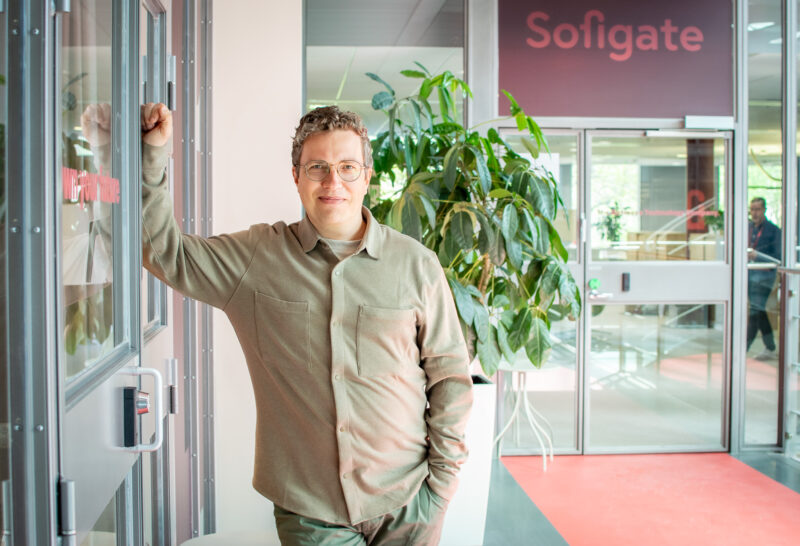AI will replace humans – and three other myths busted in 2023
Last year’s heated debate on artificial intelligence was full of hype, but also shattered many misconceptions. Sofigate’s Juha Kujala lists four AI myths that no longer need to be mentioned in 2024.
In 2023, one topic dominated business and technology discussions. There was so much talk about AI last year that the hype seemed to drown out everything else.
Fortunately, the heated debate also clarified the big picture of what AI and its use in business is and is not all about. In the process, many misconceptions were shattered.Here are four key AI myths that will hopefully no longer need to be discussed in 2024.
1. Artificial intelligence will replace humans
The launch of ChatGPT in late 2022 brought AI to the forefront of public debate for the first time. When anyone who wanted could test the easy-to-use generative AI service, many people’s imaginations ran wild. The fear was that AI was revolutionising the world of work and making people redundant.
AI is changing many things in the world of work and, at its best, will significantly increase the efficiency of information work. However, it will not in itself immediately replace humans. Instead, a person who uses AI skillfully will replace a person who does not use AI.
According to a recent IMF report, AI will affect 60% of jobs in developed economies like Finland. Half of this share will be positively affected. An intelligent AI user will outsource time-consuming tasks to AI, which will perform them with unprecedented efficiency. At the same time, they can focus on their own core competencies in a more creative and insightful way.
Rather than replacing such an employee, AI makes them indispensable. However, the other half of the workforce that is affected is threatened with job losses or even extinction.
2. Shortage of coder is a bottleneck for business development
For years, people have been talking about the coder shortage and how it slows down business development. However, the strategic and business challenges companies face will not solve themselves even with an abundant supply of coders.
The most effective business developer is not the one who is most proficient in programming languages. The true problem solver is the person who understands the business and the strategy behind it in such depth that they can break down a complex problem into small, manageable pieces. Thanks to AI-enabled “text to app” solutions, they can now describe the task in natural language and let AI sketch out different solution models.
The real bottleneck to business development is obsolete business models. Many are now asking how to accelerate the realisation of benefits without drifting into a business Wild West, resulting in chaos.
3. Artificial intelligence is a separate technology
In 2023, the focus was on generative AI in general – like the ChatGPT we all know. I predict that 2024 will see many more enterprise-specific AI solutions.
ChatGPT offers a perspective outside the organisation for many situations, but the competitive advantage it brings will only last for a short time. In contrast, AI built into modern business platforms is based on an organisation’s own data, knowledge and processes. These solutions have the potential to create a sustainable competitive advantage.
For the modern platform, AI creates a self-fueling evolutionary cycle: AI can document and refine business process data much more comprehensively than humans, making enterprise AI even smarter. Organizations that get this cycle going faster than others can gain a significant advantage over their competitors.
4. Artificial intelligence is expensive
Adding AI to your business platforms is not a small investment. However, at such disruptive moments, the traditional business case math does not fully apply because the pace of development is so rapid that it is impossible to predict the full potential of AI.
One way to think about the price of AI is through opportunity costs. How much does it cost to hire people to perform the tasks that could be assigned to AI? Are humans even capable of producing solutions based on the same mass of data? How much will it cost to fall behind competitors in efficiency and innovation?
The key question is therefore not whether a company can afford AI. The real question is: can we afford not to embark on this development path?
Read more:
Don’t ask what AI could be used for – ask how
Three mistakes to avoid when implementing AI
7 lessons learnt from 1,000+ ServiceNow projects
Author:
Juha Kujala is Executive CTO of Sofigate’s Platforms business. His professional passion is to drive organisations towards better services by exploiting the potential of new technologies. Juha has strong experience in the ServiceNow platform and service development management.


